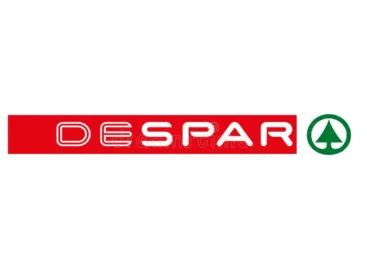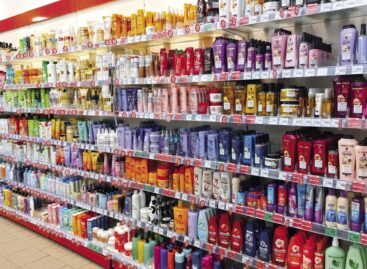A recuperating market in a changing consumer landscape
At the April meeting of the Trade Marketing Club (TMK), NIQ’s customer success leader Krisztina Holczinger-Zay used recent data to illustrate how brands, private labels and consumers are performing today.
This article is available for reading in Trade magazin 2025/6-7.
Improving confidence, slow stabilisation

Krisztina Holczinger-Zay
customer success leader
NIQ
Consumer confidence is improving step by step: the NIQ Consumer Optimism Index shows an upward trend, particularly in the willingness to buy. The indicator also takes into account what consumers think about job prospects and financial situation – when these three factors are considered together, Hungary remains below the 100 optimism threshold. According to NIQ Growth Reporter data, a significant volume decline was recorded in the FMCG sector in 2023, especially in the first three quarters of the year. However, the trend reversed in the fourth quarter: at the beginning of 2024 a nearly 3% volume growth was measured, backed by a slowdown in price increases, and the volume growth continued in the period ending February 2025, but the price level of FMCG products began to rise slightly again in January-February 2025.
Drug products: returning demand, dual dynamics
The drugs market presents a more favourable picture than the food segment: beauty care categories maintained stable demand even during the period of inflation. Household categories that had previously declined started to grow again in the one year period ending in February 2025. Almost every drug product category expanded in volume, showing more balanced growth than food. Consumers have remained price-sensitive. According to NIQ measurements, the price of FMCG products augmented by 50% between 2021 and 2024, which is exceptionally high even at a European level. Among Hungarian consumers the most common saving strategy is switching to cheaper products, followed by limiting purchases to essential items and monitoring the total value of purchases.
Private labels: stabilisation after dynamic growth
Private label products have benefited from the period of high global inflation, realising dynamic growth in almost every region, thanks to their price-value ratio and good positioning. However, this trend began to slow down in 2024. NIQ’s global and regional data reveal that the growth rate of private labels has commenced to decline and stagnation is already evident on several markets. Data from Hungary also follow this pattern: although private labels still account for 31% of the FMCG market, the growth momentum has slowed down noticeably. Once again in 2024 branded products surpassed private labels in terms of value growth, not only in food but also in drug categories. At the same time the perception of private labels has continued to improve, with 6 out of 10 Hungarian consumers saying that they offer good value for money. All in all, even if the price increases are now slower and consumer confidence is gradually growing, Hungarian shoppers remain cautious in their spending and consciously seek lower-priced but good-quality products.
Related news
Despar Italia realises EUR 1.1bn private label sales in 2025
🎧 Hallgasd a cikket: Lejátszás Szünet Folytatás Leállítás Nyelv: Auto…
Read more >From routine to ritual
🎧 Hallgasd a cikket: Lejátszás Szünet Folytatás Leállítás Nyelv: Auto…
Read more >Innovations, success stories and awards on the same stage
🎧 Hallgasd a cikket: Lejátszás Szünet Folytatás Leállítás Nyelv: Auto…
Read more >Related news
Tuned to efficiency
🎧 Hallgasd a cikket: Lejátszás Szünet Folytatás Leállítás Nyelv: Auto…
Read more >









